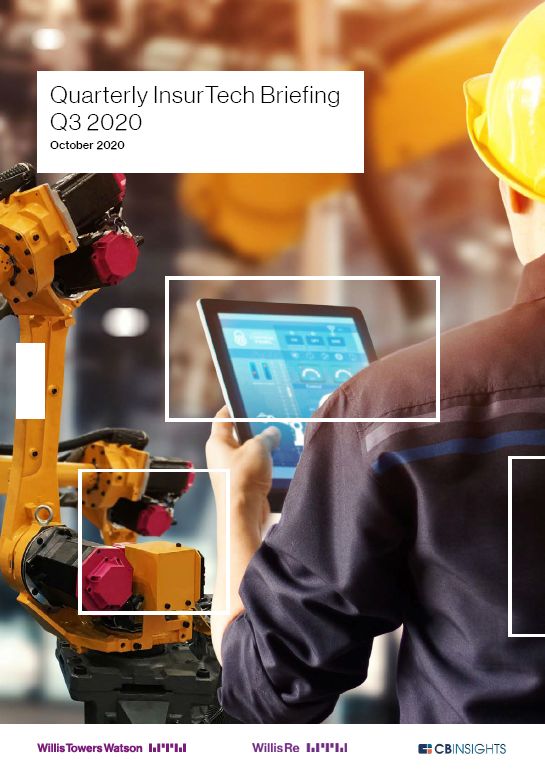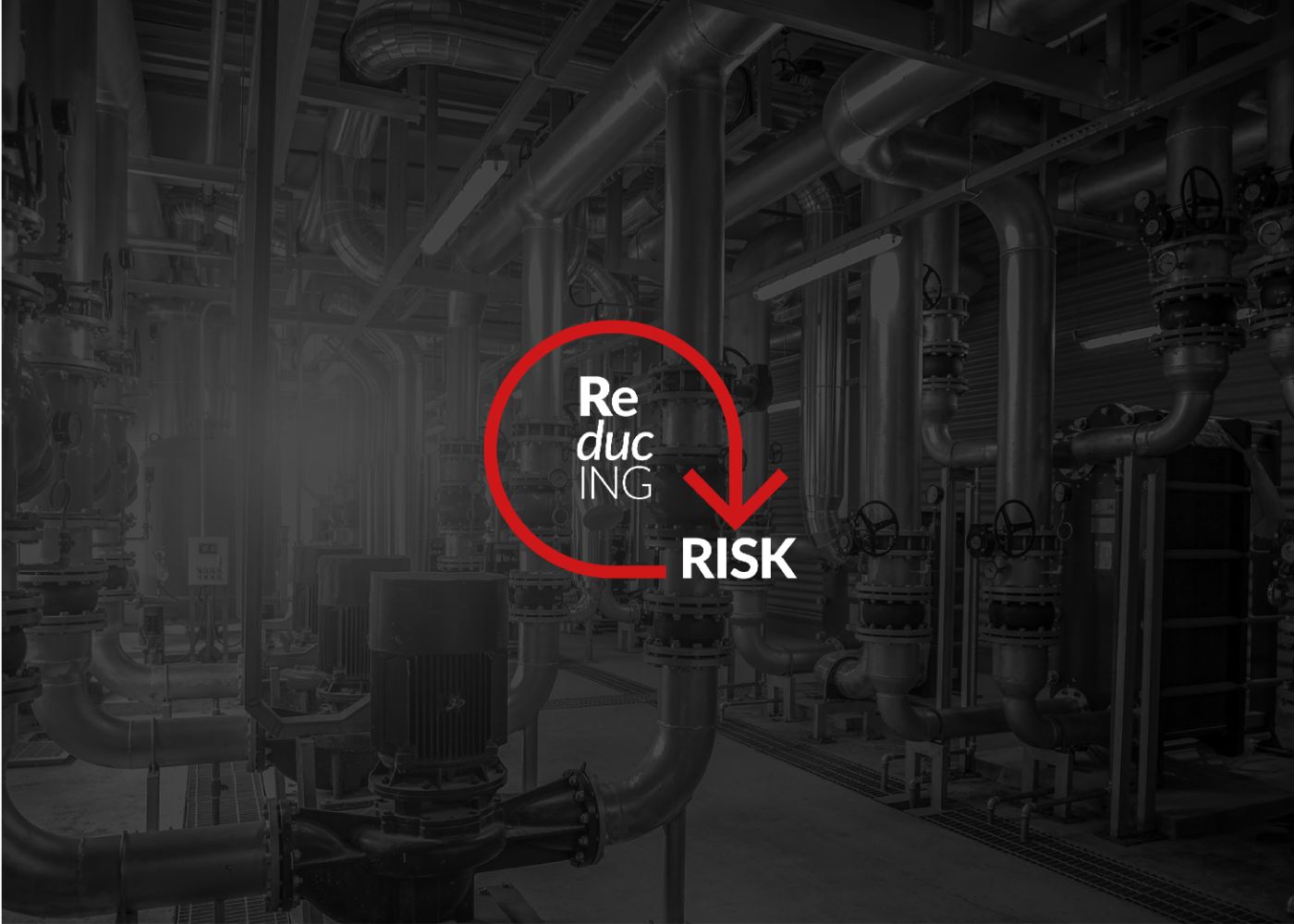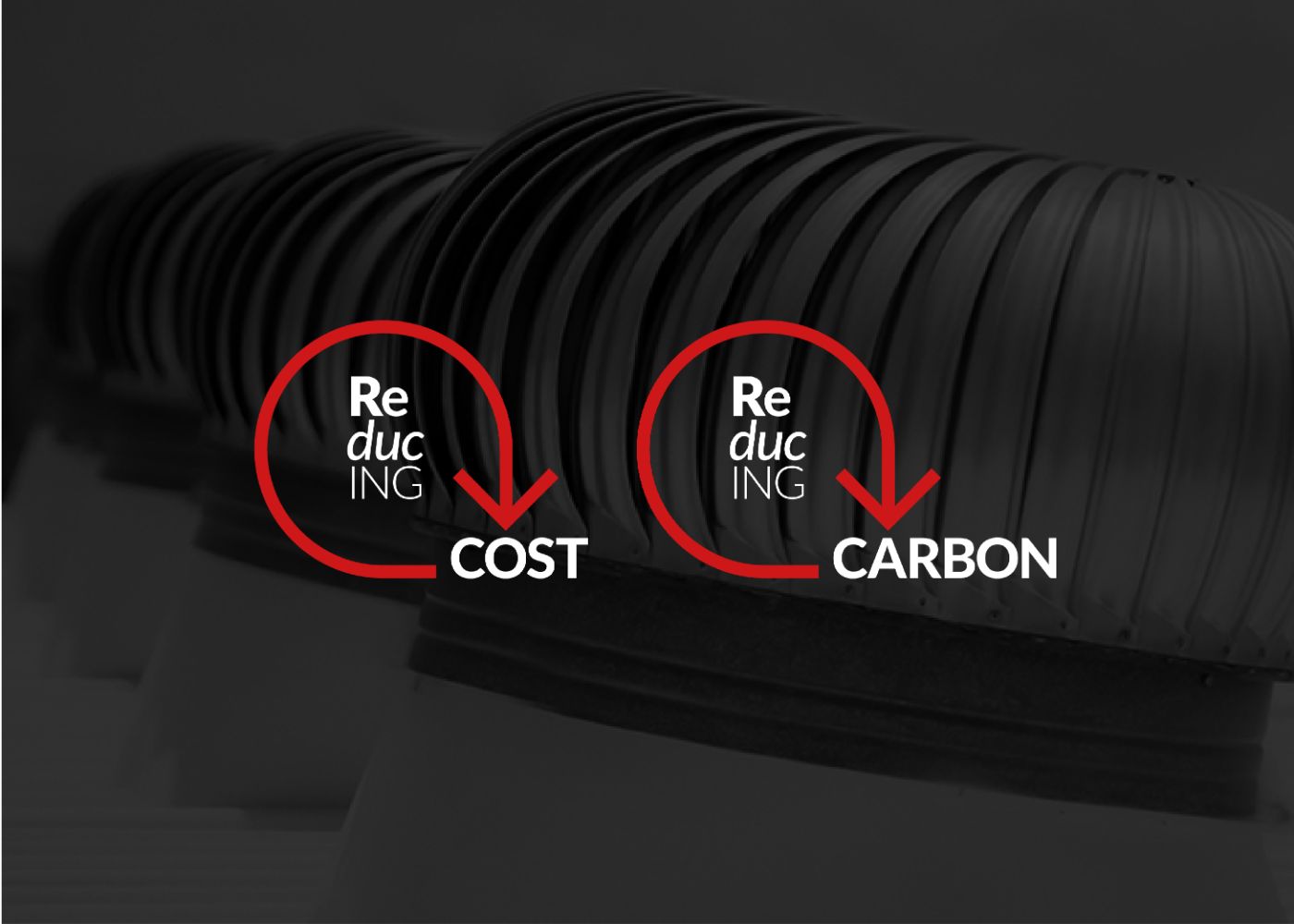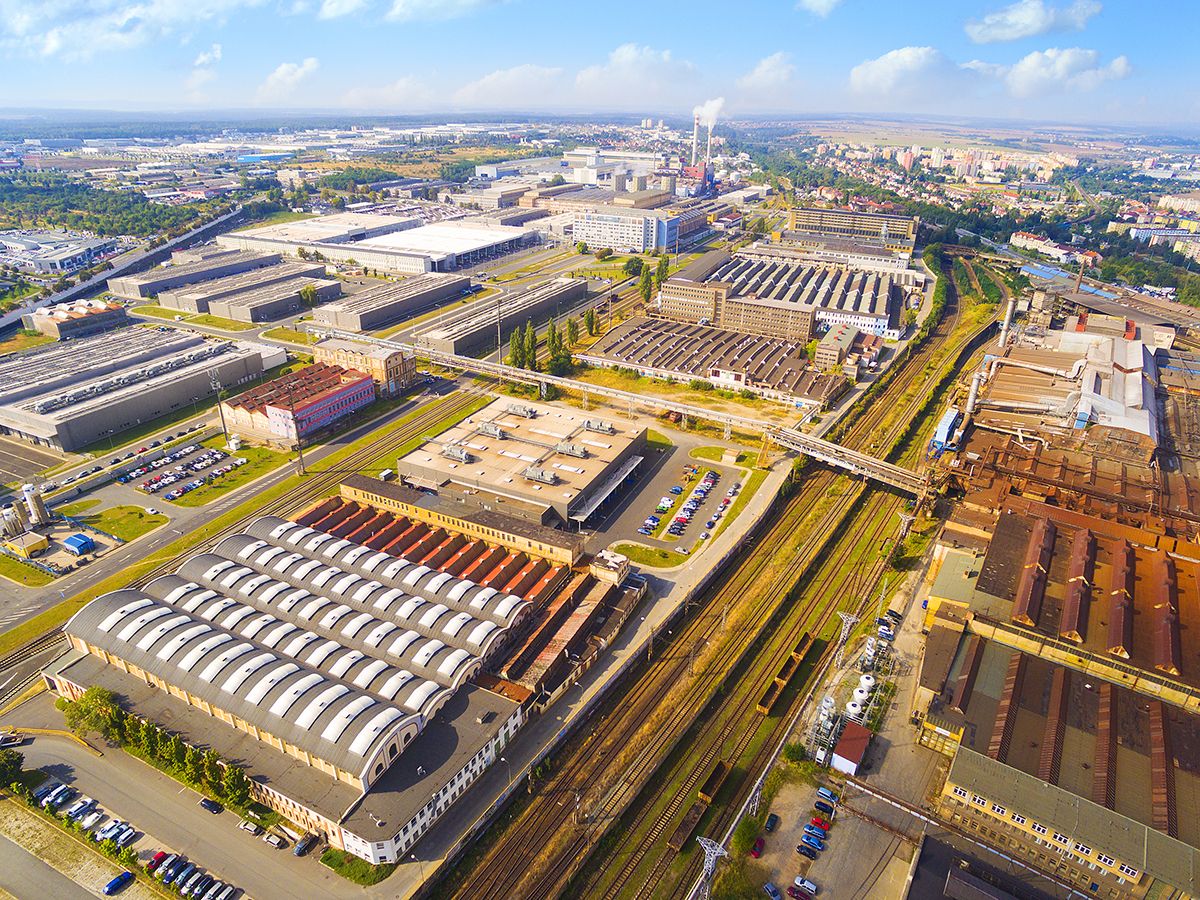The last decade saw more businesses waking up to the need to operate within the context of the reality of climate change and the significant systemic risks it poses. This has given rise to the adoption by investors of corporate assessments based on environmental, social, and governance practices (ESG).
The pandemic has magnified the focus and the next decade will see greater emphasis on firms having to adopt actions that make a difference across ESG and importantly to prove it.
There is no universal agreement on how corporate performance to ESG’s will be measured and whilst they will vary from sector to sector, it is probable that reducing carbon emissions will be universal. Because it has the potential to deliver economic and reputational benefits it will be an early target. A focus on buildings, 6% of the worlds annual carbon emissions arise from commercial buildings, would you think be one of the easier ESG actions.
Not so, findings by GWTInsight suggest commercial buildings are amongst the most neglected areas of efficiency. Owners and occupiers need to take urgent steps to reduce carbon output.
There are many reasons why commercial building systems operate inefficiently, creating waste and adding cost. In the first 40 buildings monitored by GWTInsight, unnecessary carbon creators were commonly found.
Heating and cooling systems competing, (35%) out of hours systems operation, (65%), equipment operating at 100%, 100% of the time (60%) and no link between the weather and the building systems (80%). Systems or condition data was used to manage the building systems in only 2 of 40 buildings.
The findings echo Innovate UK’s ‘The Building Performance Evaluation’ study which monitored the operational performance of 50 non-domestic buildings and found nearly every building had higher carbon emissions than predicted during the design phase. In some cases, total emissions were 10 times the Building Emission Rate calculated for Part L compliance.
The advent of technology that feeds real time data on building systems performance and conditions is opening opportunities and it is newcomers rather than traditional sources who are leading the way.
Reds10, one of the new breeds of successful modular construction firms focuses on customer experience and building performance marrying cost, quality, and carbon concerns from construction through operation. Using real time in use data, every source of carbon use is measured, optimised and insights captured to inform the next generation build. A measurable, quantifiable impact.
Recent interesting developments in the insurance sector where risk is home turf, have seen Zurich Insurance and AXA XL both invest in digital technology to capture commercial building systems data and build insights as a route to managing risk, improving resilience, and delivering value to their clients ESG approaches.
Editors Notes
GWTInsight is a commercial building data company established in 2018.
Patented technology captures real time data that other systems don’t access. Working with clients in the insurance and property sectors, GWTI combine technology and knowledge to unlock this unseen data to build insights and products that haven’t been previously possible. This creates potential for competitive advantage and the creation of disruptive products that allow users to mitigate risk, reduce cost and carbon and actively address ESG commitments. Contact Iain Wilcox on +44 (0) 7747 758 731.











